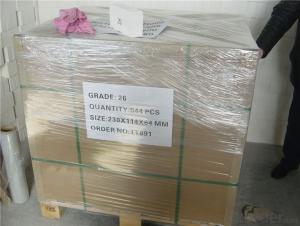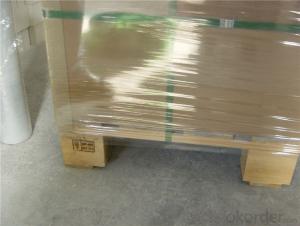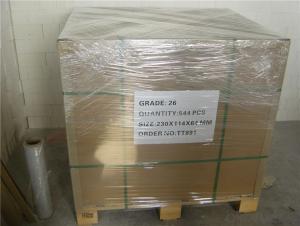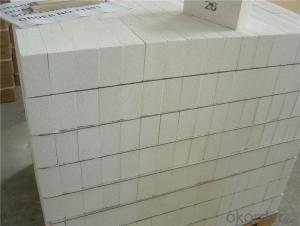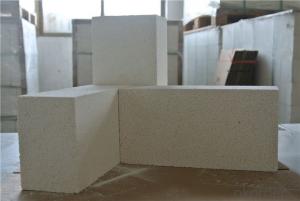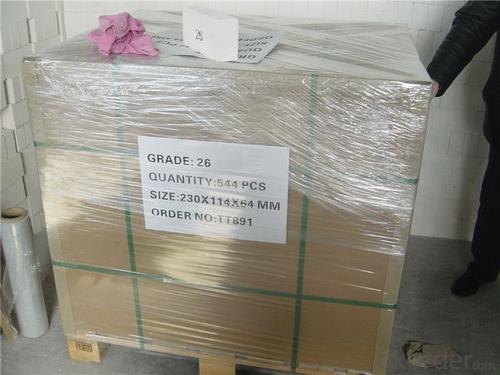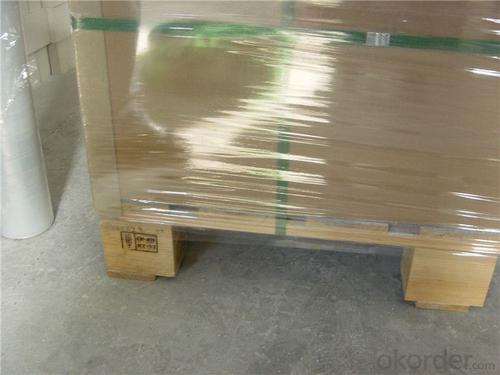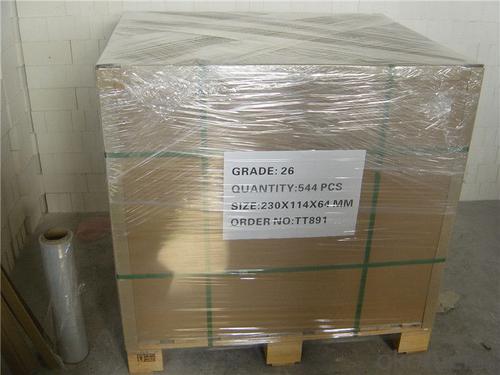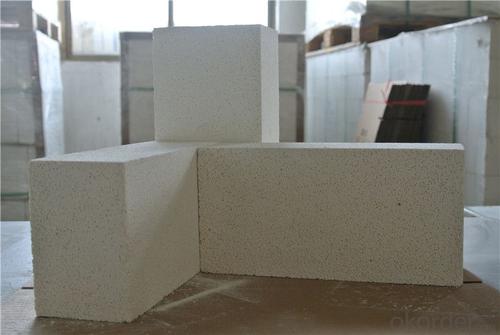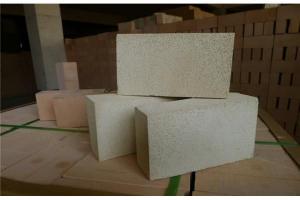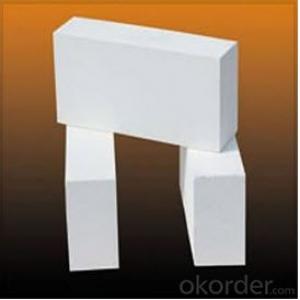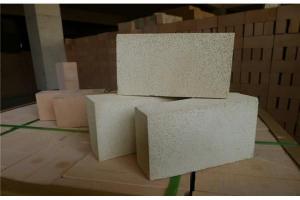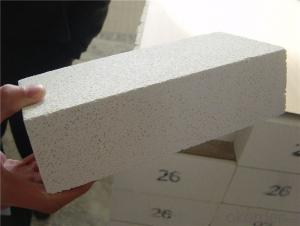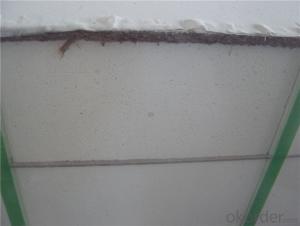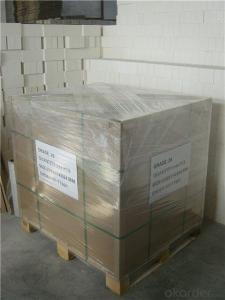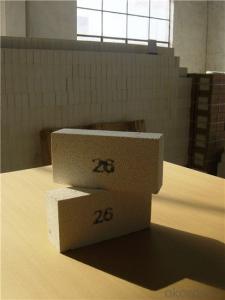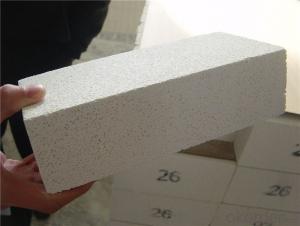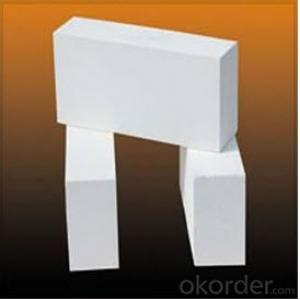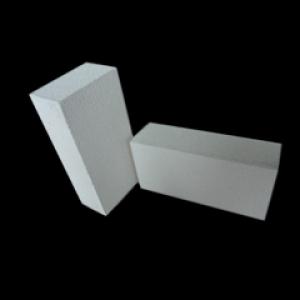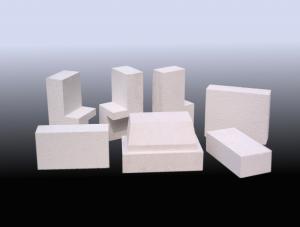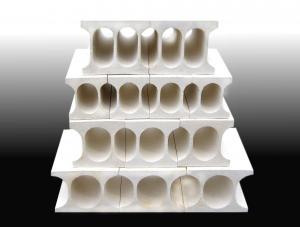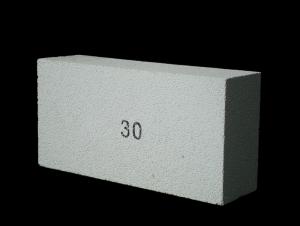Insulating Fire Brick - CCE.Fire Fire Resistant Insulation Fire Clay Brick
- Loading Port:
- Shanghai
- Payment Terms:
- TT OR LC
- Min Order Qty:
- 1 m.t.
- Supply Capability:
- 1000 m.t./month
OKorder Service Pledge
OKorder Financial Service
You Might Also Like
Thermal Insulation Fire Clay Brick
Refractory brick is a block of refractory ceramic material used in lining furnaces, kilns, fireboxes, and fireplaces.
We provide high quality Refractory Fire Bricks that are used on wide range in the various industries like Cement, Glass and Steel. Refractory Fire Bricks are provided as per the quantity and specifications required by the customers. We provide an extensive range of Refractory Fire Bricks at reasonable prices that depend upon the quantity ordered.
Application
Insulating Fire Brick are used for the lining of converter, alternating current arc furnace, direct Current arc furnace and the ladle slag line, etc.
Company Advantage
(1)Long Insulating Fire Brick manufacture history: 25 years manufacturer
(2)Advanced equipment
(3)Diversification of production standards: ISO ANSI FEPA JIS ASTM
(4)Flexible payment: T/T L/C D/P D/A
(5)Professional marketing team and after-sale service
Insulating Fire Brick main feature:
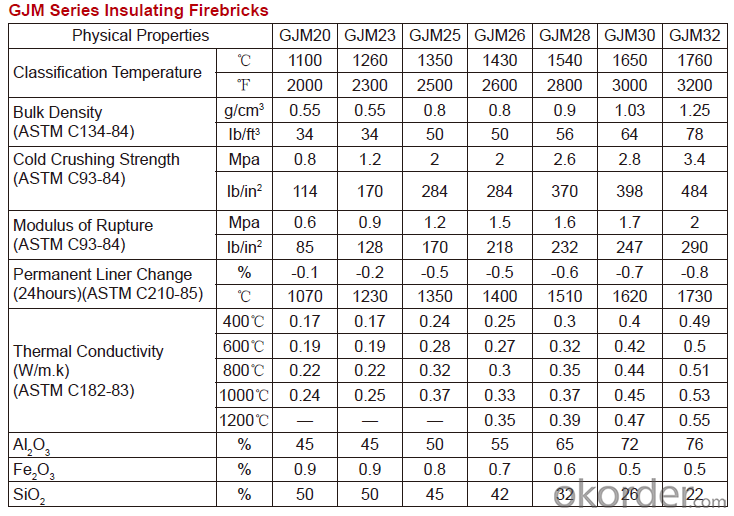
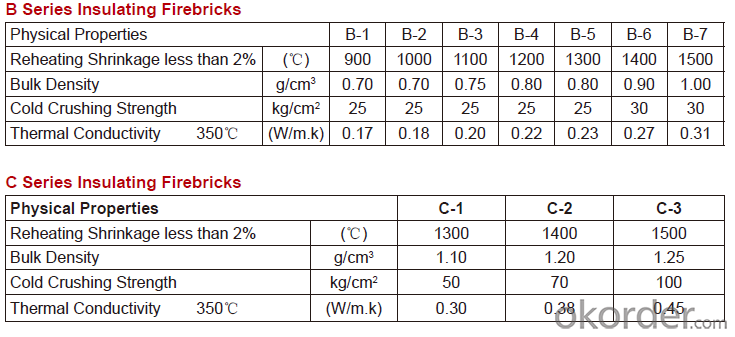
Equipment
1 unit of Ceramic Abrasive (SG Abrasive) pilot production line
2 units of Compact grain Abrasive pilot production lines
1 unit of high-end coated abrasives (abrasive cloth) production line
2 units of Boron Carbide production lines
3 large flexible crushing and sieving lines for grit production lines
6 units of 5000KVA-10000KVA dumping type electric arc furnaces for Brown Fused Alumina fusion
Q1 What’s the transport method?
A1 FCL delivery goods with wooden pallet or wooden case by sea; If LCL delivery, must with wooden case; Sometimes need open top, flat rack or bulk cargo.
Q2 What’s the required payment term?
A2 Generally 30% TT as the prepayment, 70% TT before delivery. If need, 100% Irrevocable Letter of Credit or negotiation.
Q3 Which country are our products exported to?
A3 Apart from entire Chinese market, the US, Russia, Japan, Korea, Australia and some Southeast Asian Nations.
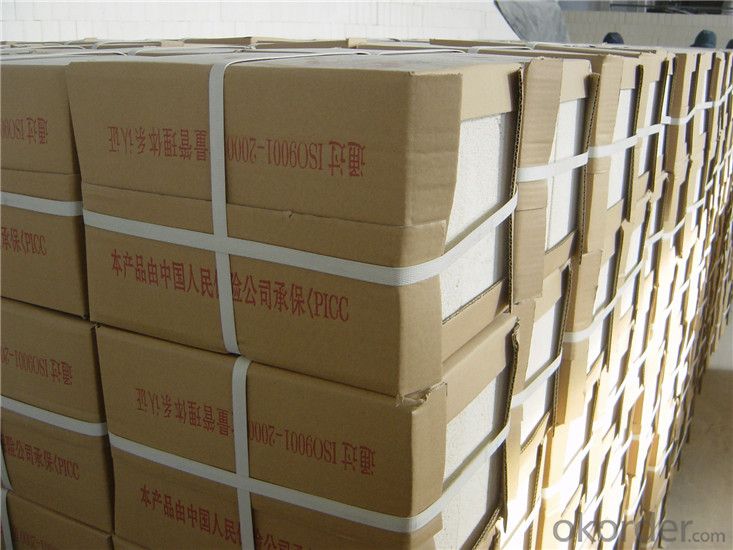
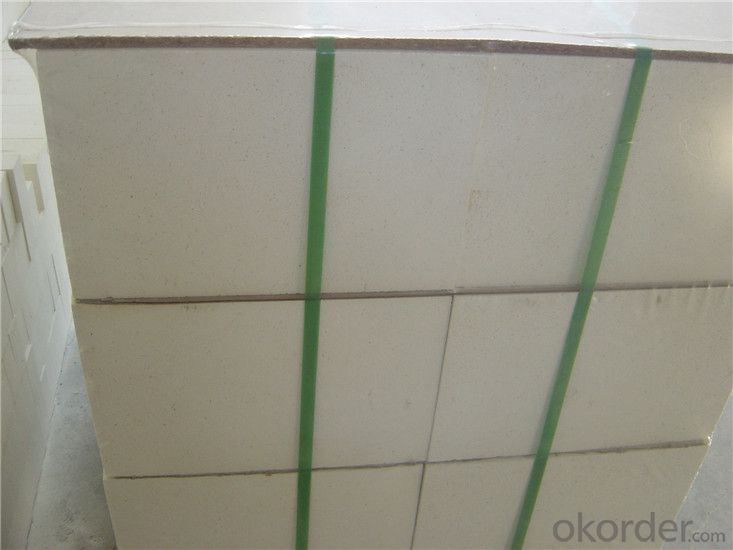
- Q: Are insulating fire bricks suitable for insulation in heat treatment furnaces?
- Yes, insulating fire bricks are suitable for insulation in heat treatment furnaces. Insulating fire bricks are designed to withstand high temperatures and provide excellent thermal insulation, making them ideal for use in heat treatment furnaces where maintaining consistent and controlled temperatures is crucial. These bricks help minimize heat loss, increase energy efficiency, and ensure uniform heating throughout the furnace, resulting in improved performance and cost savings.
- Q: What are the main properties of insulating fire bricks?
- IFBs, also known as insulating fire bricks, possess a variety of properties that make them perfect for different high-temperature uses. Firstly, their thermal insulation properties are excellent. They have a low thermal conductivity, meaning they effectively prevent heat transfer. This characteristic makes them ideal for environments where insulation is crucial, such as kilns, furnaces, and industrial ovens. The low thermal conductivity of IFBs helps to minimize heat loss and maintain high temperatures within these structures. Another important property of IFBs is their high refractoriness. They can endure extreme temperatures without losing their structural integrity. IFBs can withstand temperatures of up to 3000°F (1650°C), making them suitable for use in extremely hot environments. This high refractoriness allows them to be used in applications that involve the containment of molten metals, glass, or other materials at elevated temperatures. Furthermore, IFBs are lightweight and have a relatively low bulk density. This lightweight nature makes them easier to handle and install, reducing the labor and cost involved in construction or maintenance projects. The low bulk density of IFBs also contributes to their excellent thermal insulation properties as it reduces the number of air pockets within the material, thereby minimizing heat transfer. Additionally, IFBs have good chemical resistance. They are highly resistant to chemical attack from various substances, including acids, alkalis, and other corrosive agents. This property allows IFBs to maintain their structural integrity even in harsh chemical environments, making them suitable for applications in industries like chemical processing, metal refining, and incineration. Finally, IFBs are known for their durability and long lifespan. They have excellent mechanical strength and can withstand thermal cycling, meaning they can endure repeated exposure to extreme temperatures without cracking or breaking. This longevity makes them a cost-effective choice for applications where durability and reliability are paramount. In summary, the main properties of IFBs include excellent thermal insulation, high refractoriness, lightweight structure, good chemical resistance, and durability. These properties make IFBs suitable for a wide range of high-temperature applications, providing efficient insulation, protection against extreme temperatures, and long-lasting performance.
- Q: Can insulating fire bricks be used for fireplace construction?
- Yes, insulating fire bricks can be used for fireplace construction. Insulating fire bricks are designed to withstand high temperatures and provide excellent insulation, making them ideal for lining fireplaces. They help to retain heat, increase the efficiency of the fireplace, and prevent heat loss. Additionally, insulating fire bricks are lightweight, making them easier to handle and install. Overall, using insulating fire bricks for fireplace construction is a practical choice that can enhance the performance and energy efficiency of the fireplace.
- Q: Can insulating fire bricks be used in the construction of industrial dryers?
- Yes, insulating fire bricks can be used in the construction of industrial dryers. These bricks have excellent thermal insulation properties, which make them ideal for retaining heat within the dryer and reducing heat loss. Additionally, insulating fire bricks are resistant to high temperatures, making them suitable for the extreme heat generated in industrial dryers.
- Q: Can insulating fire bricks be used in reheating furnaces?
- Yes, insulating fire bricks can be used in reheating furnaces. They are designed to withstand high temperatures and provide excellent insulation, making them suitable for use in heating and reheating applications.
- Q: Can insulating fire bricks be used in the construction of fireplaces?
- Insulating fire bricks are a viable option for fireplace construction. These bricks are specifically designed to endure high temperatures, making them perfect for lining the inside of a fireplace. Their exceptional thermal insulation capabilities ensure that heat is contained within the fireplace, preventing excessive heat transfer to the surrounding structure. This not only enhances the efficiency of the fireplace but also reduces the likelihood of damage to nearby walls. Furthermore, these bricks are lightweight and easy to work with, making them convenient for construction purposes. They are also resistant to thermal shock, meaning they can withstand sudden temperature changes without cracking or breaking. Overall, insulating fire bricks are a dependable and efficient choice for building fireplaces.
- Q: Can insulating fire bricks be used in high-temperature insulation blankets for aerospace applications?
- Yes, insulating fire bricks can be used in high-temperature insulation blankets for aerospace applications. Insulating fire bricks are known for their ability to withstand high temperatures and provide excellent insulation properties. By incorporating them into insulation blankets, they can effectively protect against heat transfer and maintain thermal stability in aerospace applications.
- Q: Are insulating fire bricks suitable for use in ceramic fiber modules?
- No, insulating fire bricks are not suitable for use in ceramic fiber modules. Ceramic fiber modules are designed to provide superior insulation and thermal shock resistance, while insulating fire bricks are made from different materials and have different thermal properties. It is important to use the appropriate materials for each specific application to ensure optimal performance and safety.
- Q: Do insulating fire bricks require any special cleaning procedures?
- No, insulating fire bricks do not require any special cleaning procedures. They can be cleaned with a regular brush or damp cloth to remove any dust or debris.
- Q: What is the thermal insulation performance of aerated bricks?
- Dongfeng steam free insulation performance of aerated brick brick production equipment; because the thermal conductivity of foamed concrete block is only 0.21W/M.K, which is 4 times the heat preservation effect of clay brick, cement brick 3 times, so it can improve the living comfort, hot summer and cold winter, can be greatly reduced the running time of the air conditioner,
Send your message to us
Insulating Fire Brick - CCE.Fire Fire Resistant Insulation Fire Clay Brick
- Loading Port:
- Shanghai
- Payment Terms:
- TT OR LC
- Min Order Qty:
- 1 m.t.
- Supply Capability:
- 1000 m.t./month
OKorder Service Pledge
OKorder Financial Service
Similar products
Hot products
Hot Searches
Related keywords
